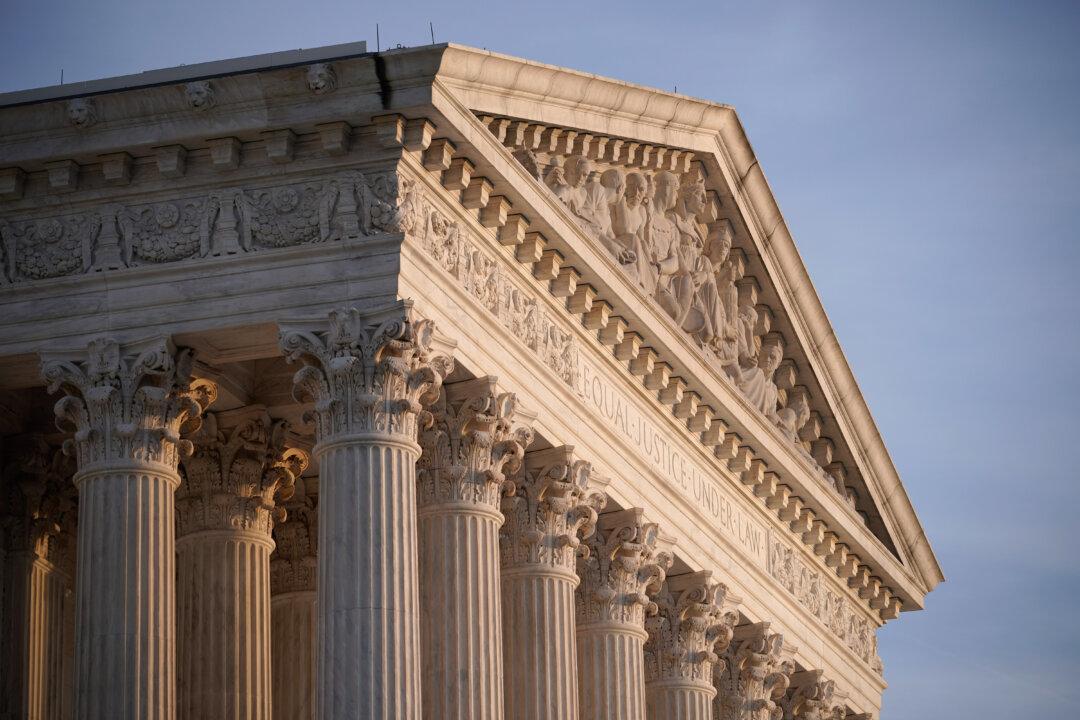The Supreme Court struck down pandemic-related limits on attendance at houses of worship in New Jersey and Colorado in two separate lawsuits on Dec. 15.
The ruling in Robinson v. Murphy was unanimous; Phil Murphy, a Democrat, is the governor of New Jersey.





